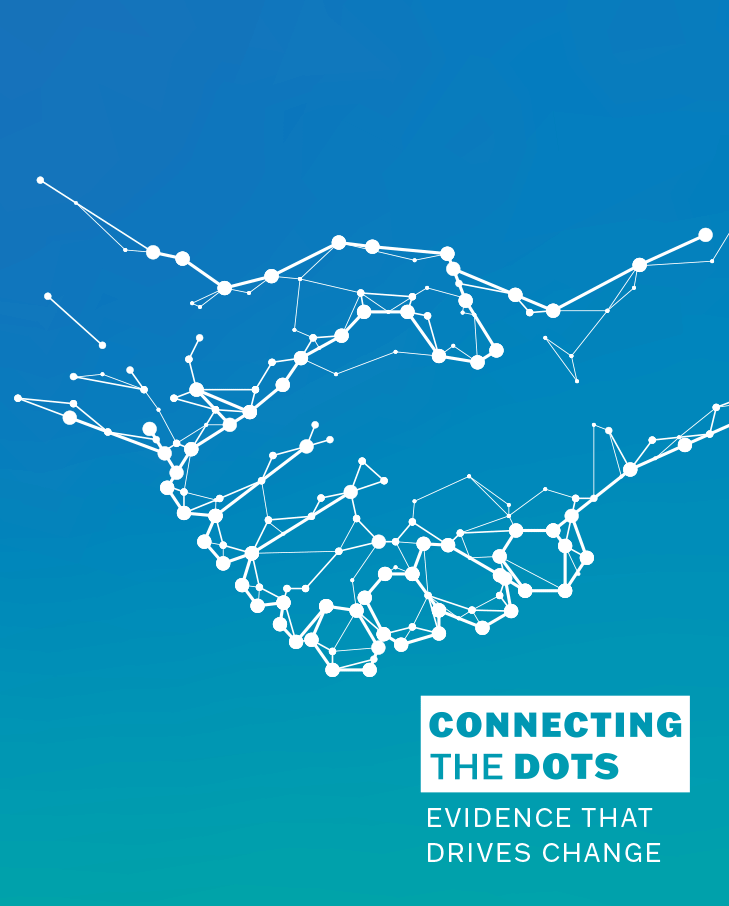Connecting the dots
June, 2023

The accelerating global challenges associated with climate change, pandemic risk, and the rise in fragile and conflict-affected states (FCSs) all add to the call for closer cooperation between multilateral partners. The COVID-19 pandemic unequivocally signalled the importance of strong cooperation between partners at all levels - domestic, regional, and global. It is expected that the multilateral community would be able to rapidly and effectively unite forces at the global level in the next emergency episode. This would be a tough task in a world that is also faced with the risk of fragmentation.
The 2022 Spring Meetings of International Monetary Fund (IMF) and World Bank Group (WBG) stressed the risks of geopolitical and economic fragmentations that increasingly become a challenge for the international community, with the multilateral system being one of the best hopes for continued global cooperation. There is a loud call for the international system to adapt to new challenges, as the Bretton Woods institutions are about to celebrate their 80th birthday next year. The demand for (as well as supply of) cooperation between multilateral organisations can only continue to grow. This is the most inevitable in the context of FCSs where governance concerns are often outside of the core competence of a single international financial institution (IFI), thus requiring close collaboration with multilateral partners as explained in the IMF and Fragile States Evaluation (2018).
MDBs are aware of the criticality of cooperation in today’s world. The President of European Bank for Reconstruction and Development (EBRD), Odile Renaud-Basso, emphasised at the 2023 EBRD Annual Meeting the utmost importance of embracing multilateral cooperation, as no one country, institution or group can solve the problems of today alone. Combining the strengths of each organisation in an optimal way is key to face the current challenges. Similar calls for closer multilateral cooperation emerged from the 56th Annual Meeting of the Asian Development Bank (ADB) Board of Governors.
The recipe for success in cooperation requires International Financial Institutions (IFIs) to tailor their strategies and approaches through learning from the past and from the experiences of others in order to fully unlock the benefits streaming from collaboration. Findings from independent evaluations from multilateral organisations are an important source of evidence-based knowledge that can contribute to the enhancement of collaboration among IFIs.



